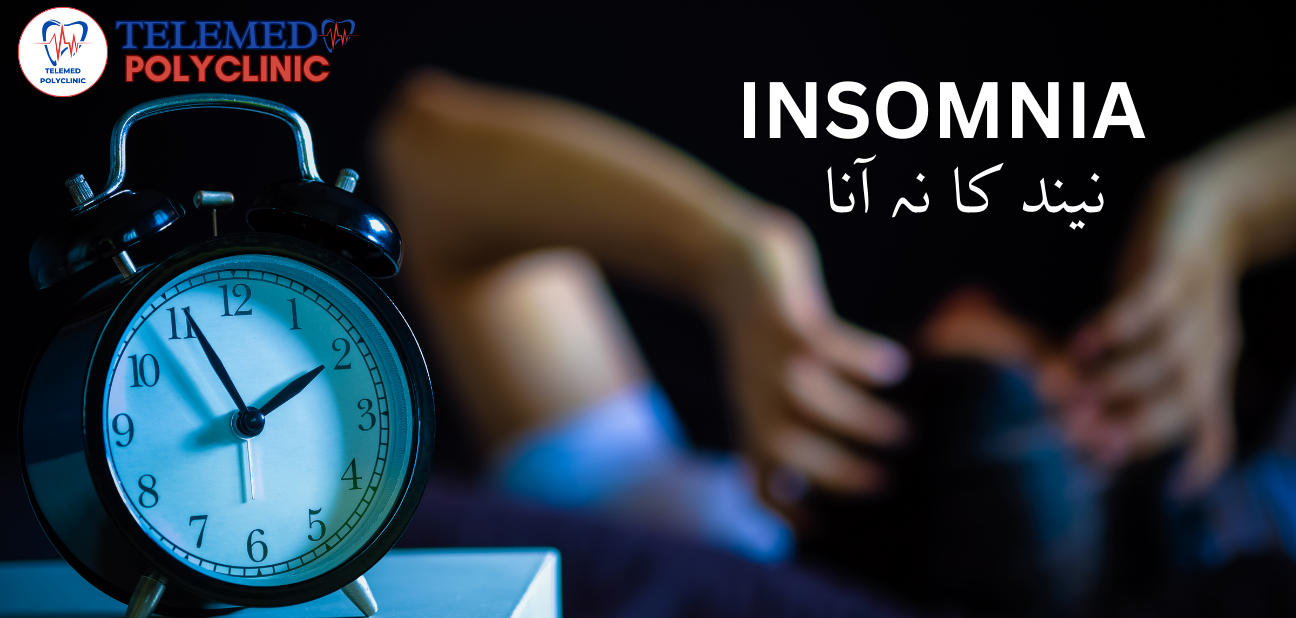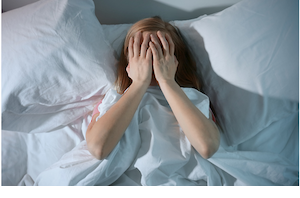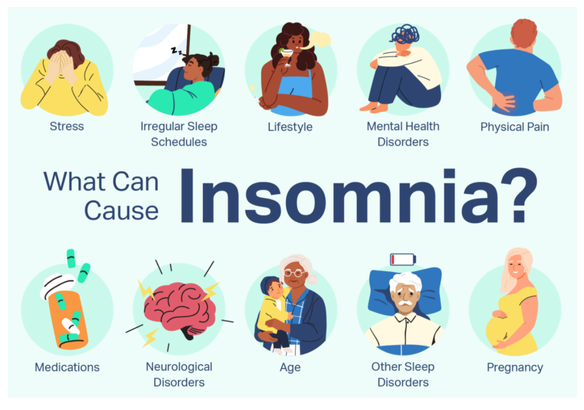Posted on March 4, 2025

Sleep is vital for all bodily processes. While you rest, your body promotes healthy brain function and preserves physical well-being. For children and teenagers, sleep is essential as it aids in their growth and development. There are over 80 sleep disorders that impact the quality, amount and timing of sleep, affecting both our mental and physical health.It help regulate mood and cognitive performance
Insomnia is one of the common sleep disorders that can make it difficult to fall asleep or remain asleep throughout the night.
It may also lead to waking up too early without the ability to return to sleep, leaving you feeling fatigued upon waking.
Insomnia can sap your energy, impact your mood, and adversely affect your health, work performance, and overall quality of life.

The amount of sleep needed varies among individuals, but most adults require between 7 to 9 hours each night.
Insomnia can be classified as either short-term or chronic:

There are numerous potential causes of insomnia, including:

Signs or symptoms of insomnia may encompass:
Insomnia disorder is a clinical diagnosis established by history. The evaluation goals are to characterize the nature and severity of the sleep problem and identify contributing factors and comorbidities relevant to successful treatment. Key elements include:
Insomnia can elevate the risk of various health problems, including
Sleep hygiene is an effective yet often overlooked approach to tackling sleep disturbances. Here are some key recommendations:
Cognitive Behavioral Therapy for Insomnia (CBT-I) is considered the first-line treatment for chronic insomnia. It is a structured, evidence-based approach that helps individuals identify and change thoughts, behaviors, and habits that contribute to their sleep difficulties. CBT-I has been shown to be more effective than medications in the long term and tends to have fewer side effects. It not only helps with sleep but can also address underlying issues like anxiety or depression that may contribute to insomnia.
The FDA has approved an array of prescription medications for the treatment of insomnia, including